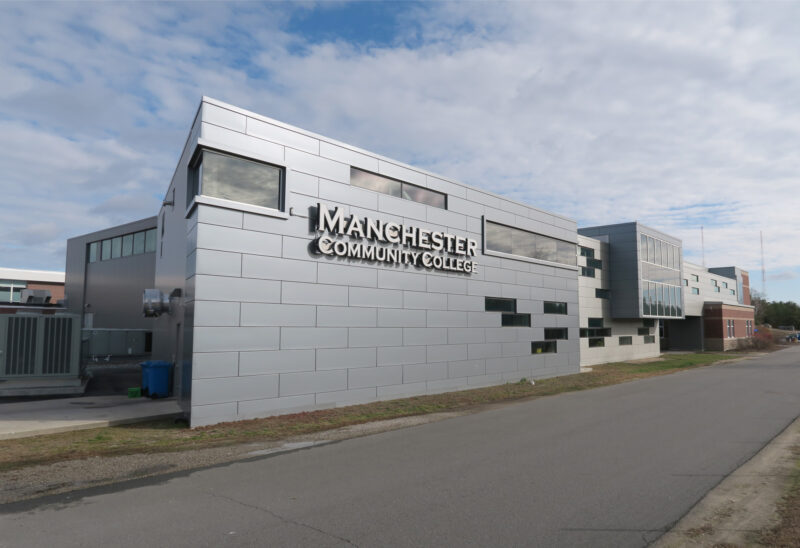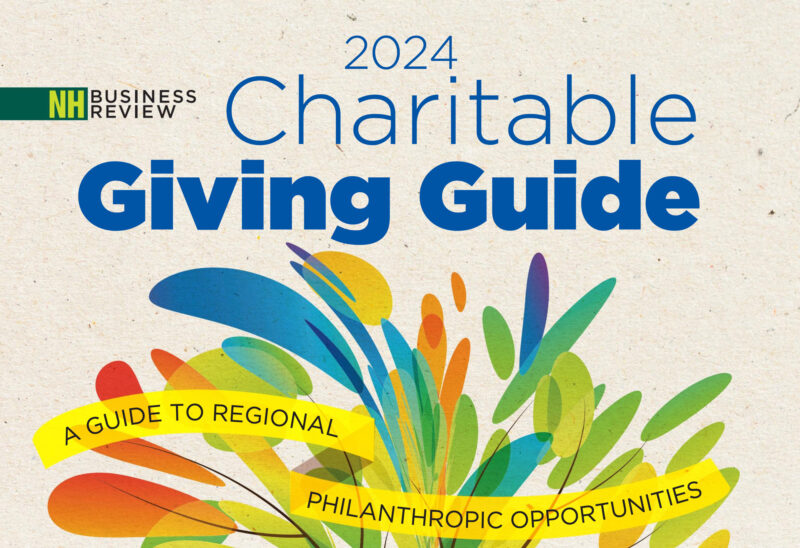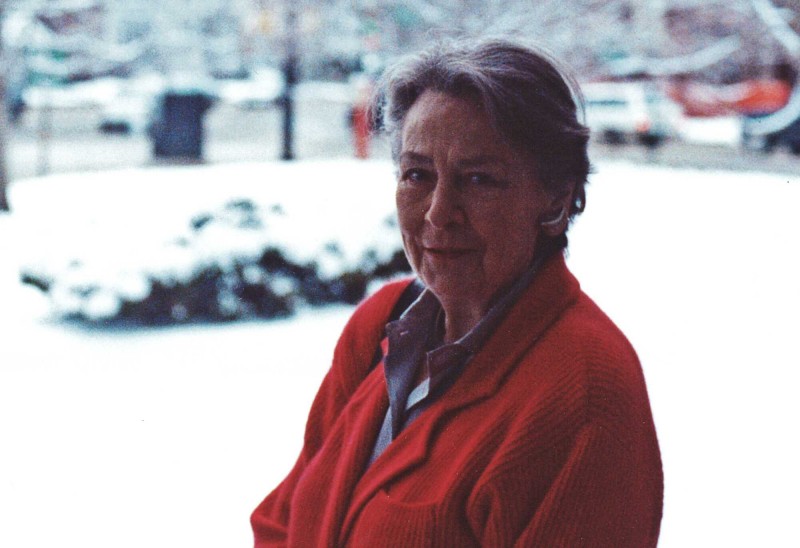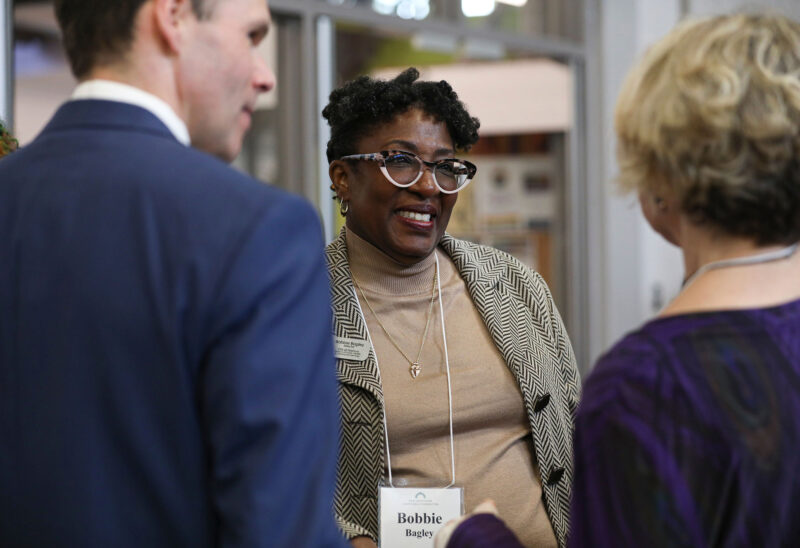It’s a cliche scene. As worshippers walk out of the church on a Sunday morning, one passes the minister and comments, “A nice sermon, Reverend.” To which the clergy-person replies, “Thank you. What was it about?’ There then follows a moment of embarrassment, a slight grimace, and a reply, “Well, whatever it was about, it was good.”
The same might be said for the countless conferences and meetings I’ve attended over the years. Gatherings that had catchy titles or themes, intended to attract interest and registrations. When they were over, however, little substance remained and the meeting drifted into vague recollection.
Not so this year’s annual meeting of the New Hampshire Charitable Foundation. Its theme — “Where Do You Find Community?” — engaged attendees from the very beginning, through the program itself, and out back into their daily lives. It is a question I have begun asking myself almost daily and coming up with a variety of answers, as probably others who attended are doing also.
Most of us find community first in our family, nuclear or extended, in our race or cultural heritage, faith, occupation, profession, nationality, political preference, or cause or vocation. How often, however, do we set out to make community, that is, deliberately to commit ourselves to the betterment of something larger than ourselves?
Thirty years ago, people across our state reflected on that question as they asked the larger one: “What is best about New Hampshire?” In a time before the Internet, and certainly before social media, they came together in small groups across the state to consider what made this place distinctive. In doing so, and in the words of their 1991 report, New Hampshire: My Responsibility, they discovered a paradox: “People come to New Hampshire, or stay in New Hampshire, to be independent. We discover, paradoxically, that independence requires a community effort.” In other words, to safeguard individual rights and prerogatives, we need one another, and we need to know that we need one another.
Alan Rachlin, associate professor of sociology at Franklin Pierce University, has noted that American culture promotes two forms of individualism. There is moral individualism “…that holds each of us responsible for our own lives, our grit and determination,” and then there is “…an ontological individualism that imagines that societal experience is simply the accumulation of individual choices and behaviors.”
What is missing in that view of society? He would argue, I believe, individual responsibility for the community in which one lives. The Gregg Commission Report stated it clearly: “As New Hampshire grows, our sense of mutual dependence must become as strong as our independence, or we will lose both.” That theme sticks with me.
This article originally appeared in “The Hippo, New Hamsphire’s Weekly” and was reprinted with permission.

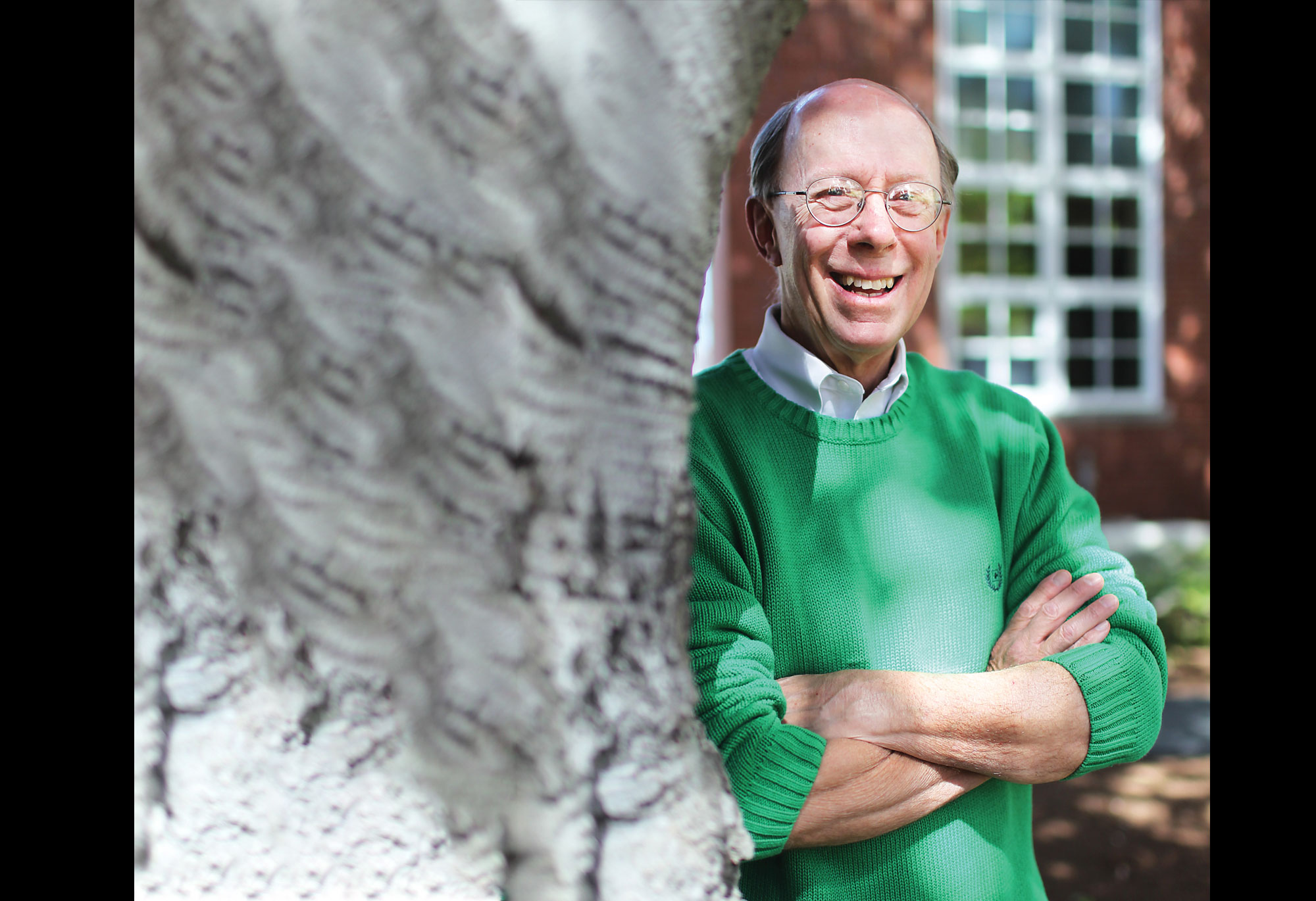







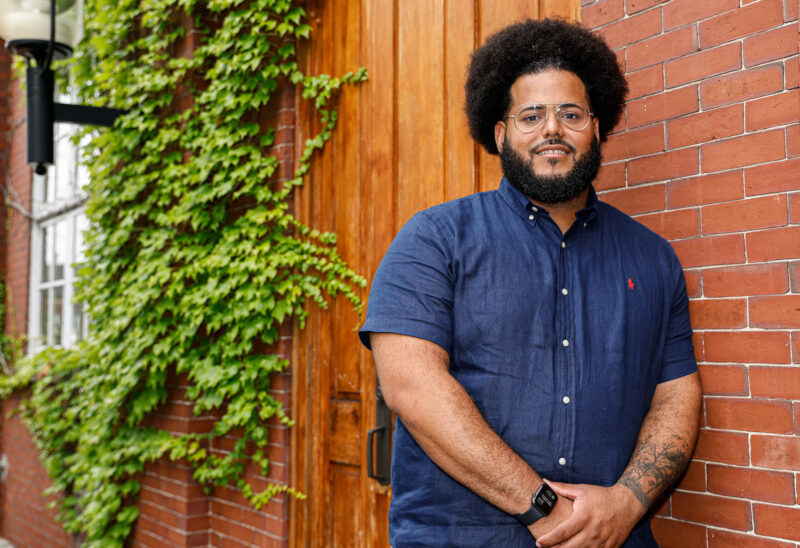

![Rev. Heidi Carrington Heath joined Seacoast Outright. [Photo by Cheryl Senter]](https://www.nhcf.org/wp-content/uploads/2024/05/Heidi-Carrington-Thumbnail-800x548.jpg)
![Dr. Jennie Hennigar treats a patient at the Tamworth Dental Center [Photo by Cheryl Senter]](https://www.nhcf.org/wp-content/uploads/2024/05/TCCAP-Hero-800x548.jpg)

